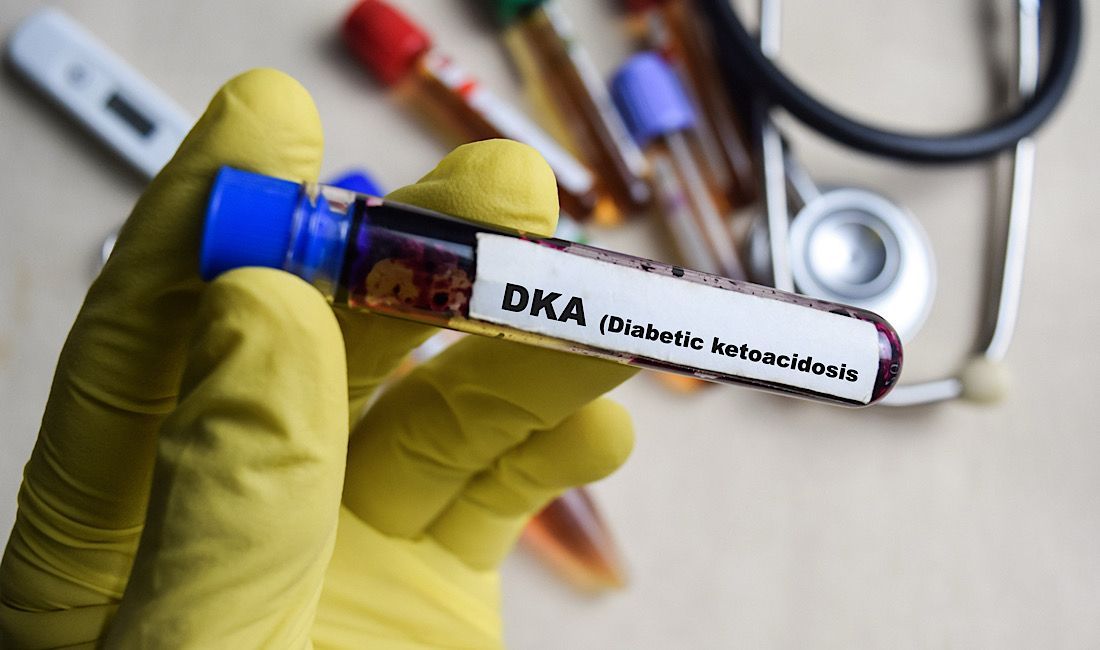Understanding the Most Common Diagnostic Mistake
The leading diagnostic error often encountered in healthcare settings is a missed diagnosis. This issue arises when a medical professional fails to correctly diagnose a patient's condition despite observable symptoms or significant test results that suggest a specific diagnosis.
Several factors contribute to missed diagnoses, including inadequate communication among healthcare providers, incorrect test or imaging orders, neglecting comprehensive diagnostic evaluations, or overlooking crucial test outcomes. Conditions like cancer, myocardial infarction, cerebrovascular accidents, and infections frequently suffer from misdiagnoses.
Factors Leading to Missed Diagnoses
Inaccurate Patient or Family Reports:
Misdiagnoses can stem from flawed or incomplete symptom descriptions or health histories provided by patients or their families.
Healthcare Provider Communication Breakdowns: Misdiagnoses may occur due to the lack of timely or accurate information exchange among medical professionals, especially when patients undergo treatment from multiple specialists or transfer between facilities.
Neglect in Ordering Necessary Diagnostic Tests: A critical factor in missed diagnoses is the failure to order appropriate tests or imaging, possibly due to unfamiliarity with the condition or the latest diagnostic procedures.
Overlooked Abnormal Test Results: Ignoring or failing to act upon unusual test findings can lead to missed diagnoses, especially if the significance of these results is underestimated or further investigation is neglected.
Inadequate Physical Examinations: An incomplete physical examination can result in a missed diagnosis, particularly if the healthcare provider lacks the requisite knowledge or skills.
Medical Professional's Lack of Expertise: A deficiency in the necessary expertise or knowledge to recognize a condition can also lead to diagnostic errors.
Steps to Take If You Suspect Medical Malpractice
Immediate Medical Attention: Seek further medical evaluation to document any issues or injuries potentially caused by the oversight.
Evidence Collection:
Compile all relevant medical records, test results, and any communications with healthcare providers.
Legal Consultation:
Engage with an experienced medical malpractice attorney to assess your case and explore possible legal actions.
Complaint Filing:
Consider reporting the incident to the state medical board for investigation and possible disciplinary action.
Legal Action:
Your attorney may proceed with filing a lawsuit to pursue justice and compensation.
Other Common Medical Errors
- Prescription inaccuracies
- Diagnostic delays
- Surgical mishaps
- Treatment mistakes
- Birth-related injuries
- Inadequate patient monitoring
- Infection prevention failures
- Communication errors
Medical Malpractice Claim Timelines in Pittsburgh
In Pennsylvania, the statute of limitations for
medical malpractice claims is generally two years, starting from the malpractice date or when the injury was or should have been discovered. For minors, the statute begins at age 18.
Potential Compensation in Medical Malpractice Cases
Victims may seek compensation for both tangible losses like medical expenses and intangible damages such as pain and suffering, depending on the case specifics and state laws.
Duration of Malpractice Settlements
The time frame for settling medical malpractice cases can vary widely based on the case complexities and jurisdiction. These cases often take longer due to the intricate medical issues involved.
Settlement Averages in Medical Malpractice
Estimating an average settlement for medical malpractice cases is challenging due to the variability in case specifics and legal jurisdictions.
Why Choose Frischman & Rizza for Your Legal Representation?
Frischman & Rizza brings a wealth of experience in successfully handling medical malpractice claims in Pittsburgh, advocating for rightful compensation for delayed diagnosis victims. Understanding the profound impact of such errors on patients and their families, the firm is committed to the relentless pursuit of accountability.
For a comprehensive evaluation of your case, consider scheduling a consultation with our team. Together, we can strive for the justice and compensation you deserve.





